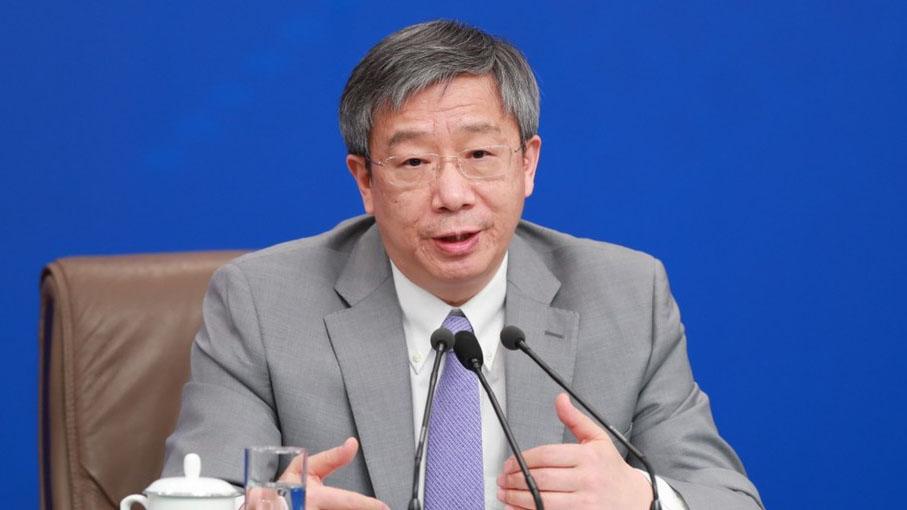A professional article on China’s monetary policy approach written by its central banker has unexpectedly made headlines on many Chinese news websites which do not usually attract people interested in finance.
Writing in The Beijing News, Zhou Zixun, a financial commentator, noted that the primary reason for this article to gain such popularity is that it introduced a “people” perspective to monetary policy, and responded to people’s expectations.
For a long time, China’s monetary policy has been in the service of investment, especially when economic growth is slowing, Zhou noted. For example, since 2018, China’s central bank, the People's Bank of China (PBoC) has cut the reserve requirement ratio seven times, greatly increasing the medium- to long-term supply of liquidity. And it has proven effective, as shown by the recent positive economic data.
But monetary policy has an equally important mission. “We can’t let the money in the hands of ordinary people become worthless,” Yi Gang, governor of the PBoC, wrote in his article recently published by Party-run magazine Qiushi. He warned that improper monetary conditions – like excessive liquidity in the market – may aggravate wealth differentiation and financial risks.
Zhou concurred; every time there is an increase in money supply, it is the wealthy with assets who become wealthier, whereas salaried workers face the risks of inflation.
On a global scale, monetary policy seems not as effective as before in promoting growth, the commentator noted. The rise of anti-globalization and trade protectionism has severed the space for investment, trade and global market; no matter how loose monetary policy becomes, financial resources cannot be effectively allocated in the global economy, and is thereby unable to stem the slowdown, he explained.
By saying that “loosening monetary conditions generally benefits asset holders, and super-easy monetary policy will likely aggravate wealth differentiation, solidify structural distortions, and lengthen the adjustment in a crisis,” the central banker is effectively announcing that China will keep to a steady-paced monetary policy, Zhou argued.
Zhou then suggested that China’s macroeconomic policies need to create a good macroeconomic environment for financial stability, and fiscal and monetary policies should be used to improve the macro business environment of enterprises. Then it should secure people’s confidence in the yuan, and ensuring the stability of the currency value in market transactions is one way to do that.

 Old Version
Old Version